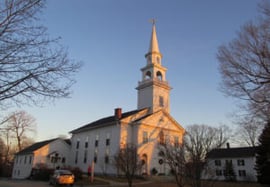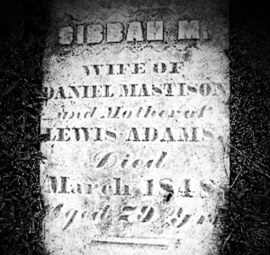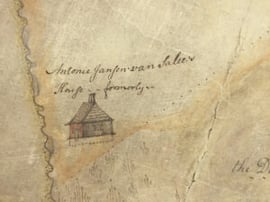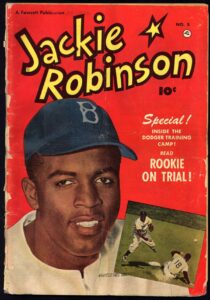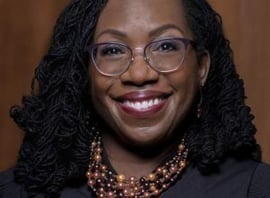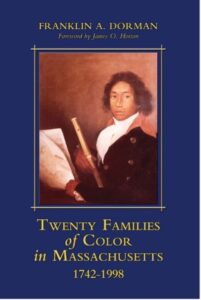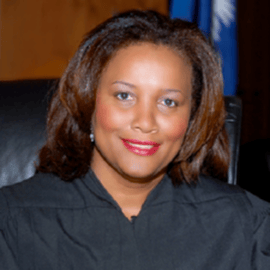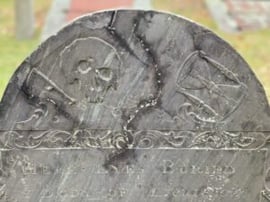I had the privilege of attending the African American Intellectual History Society (AAIHS) annual meeting, which was held in Providence, Rhode Island, this year. At the last academic conference I attended, I was still a newly minted PhD discussing my academic research...
Continue readingIllustration of a home in Freetown, Massachusetts, circa 1895
Continue reading →I read two stories of interest in a recent issue of The Woodstock Villager, a local newspaper from my grandfather’s Connecticut hometown. The first story (on page A3) concerned a Witness..
Continue reading →As a student of family history, I've learned that “old white guys” like me generally know next to nothing about African American ancestry. This isn’t to say that we can’t follow a census record, collect a newspaper clipping, or attempt..
Continue reading →African Founders , a recent publication by David Hackett Fischer, discusses Anthony Jansen van Salee (1607-1676), known as the “Black Mohammedan.”..
Continue reading →On 24 July 2022, the National Baseball Hall of Fame celebrated the induction of the newest class headlined by Boston Red Sox great David Ortiz. In honor of one of baseball’s more cherished events, we will be looking back at the family history of one of the sport’s..
Continue reading →History was made on Thursday, 7 April 2022, when the Senate confirmed Judge Ketanji Brown Jackson as the 116th associate justice of the Supreme Court. She will be the first Black woman and the first public defender to serve on the court. Several months later, on..
Continue reading →A genealogist’s mind can wander infinitely. The inspiration for this post was recent news stories regarding text messages from the wife of Supreme Court Justice Clarence Thomas; an odd place to start for sure. Where did I go from there?
Twenty-four years ago, NEHGS..
Continue reading →I’ve gotten a handful of messages recently asking if I have any relationship to U.S. District Judge Julianna Michelle Childs, who is among those President Joe Biden is considering for nomination to the United States Supreme Court. I’ll point out first that her surname..
Continue reading →2021: the year in review
“May you live in interesting times” is supposed to be a curse – it’s certainly an exhausting way to go through life. As 2021 rolls over to 2022, here is a look back at 2021 in Vita Brevis:
In January, Ann Lawthers urged genealogists visiting cemeteries to apply some of..
Continue reading →

